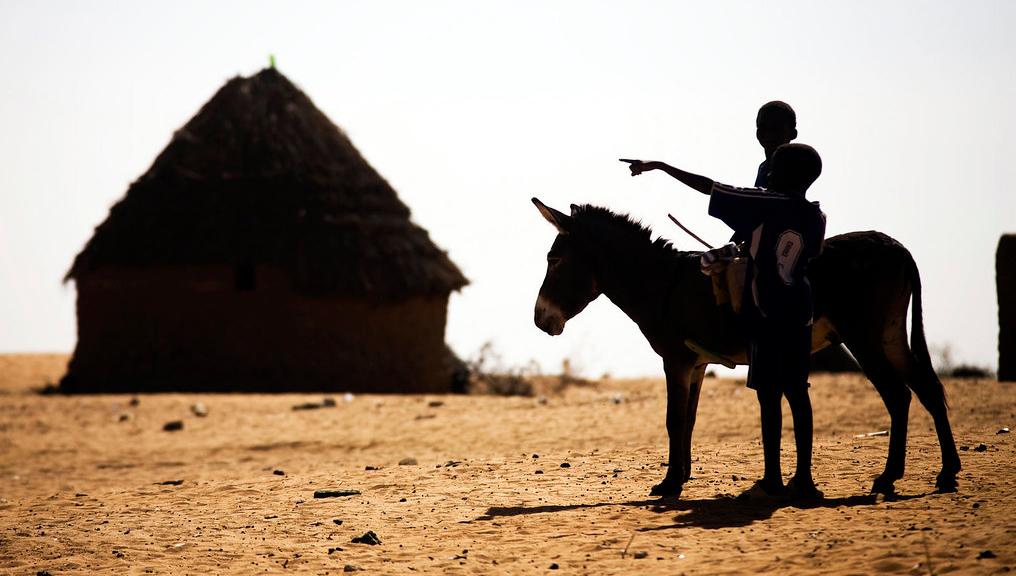LSE’s Christine Skrbic analyses how perceived discrimination on the part of the International Criminal Court towards Africans led Kenyan MPs to pass a motion to withdraw from the Rome Statute.
African displeasure with the International Criminal Court (ICC) and perceived Western interference was never more apparent than on 5 September 2013 when the Kenyan parliament voted in favour of a motion to withdraw from the Rome Statute, which established the ICC. If Kenya were to follow this through, the East African country would be the first of the 122 member states to withdraw from the Court.

Under Article 127 of the Rome Statute, states are permitted to withdraw from the Statute following a written notification to the UN Secretary-General. The withdrawal process however is lengthy and would only take effect one year later.
The motion debated by parliament was to:
“Suspend any links, cooperation and assistance to the International Criminal Court; this House resolves to introduce a Bill within the next thirty days to repeal the International Crimes Act (No 16 of 2008) and that the Government urgently undertakes measures to immediately withdraw from the Rome Statute of the International Criminal Court 1998.”
The vote, passed on 5 September, represents a motion from Parliament that calls on the government to withdraw from the Statute. A bill will then be introduced within 30 days, which would then require a two-thirds majority to be passed. This means that withdrawal would not happen until the government itself, headed by Kenyatta, a defendant of the ICC, has notified the UN of its desire to withdraw.
The motion echoes accusations from the continent about the perceived ICC bias against Africa, seeing as, so far, only Africans have been indicted. This has contributed to the increasing unpopularity of the Court in the countries of Kenya, Uganda, DR Congo, Central African Republic, Sudan, Libya, Ivory Coast and Mali in particular, where the ICC is currently investigating cases. Despite African countries submitting four of the Court’s eight current investigations, the African Union has accused the ICC of embarking on a “racial hunt” against Africans.
The timing of the vote is particularly pertinent as it took place shortly before the trials of Deputy President Ruto and President Kenyatta began in the Hague. Although some have claimed the vote represents an effort to guard Kenya’s leaders against the authority of the ICC, the Kenyan MP Adan Duale argues that the parliament “just wants to set the pace for Africa to delink itself from that court”, so that it can reclaim judicial sovereignty. Duale also claims that the parliament was merely acting in accordance with the view of African leaders who look on the ICC as a “political court” with neo-colonial associations. This is a common accusation despite assurances from the ICC that it acts impartially and that it is essentially a court of last resort, only initiating legal proceedings if prosecutions are not being pursued domestically.
A withdrawal would not, however, have an impact on the cases against Ruto and Kenyatta as legal proceedings have already begun. A withdrawal would only affect future cases, with the ICC stressing the importance of pursuing the prosecutions as planned as “justice must run its course” and because witnesses have put themselves at risk to support the investigation and prosecutions of the Court.
The motion of intent to withdraw from the ICC has been heavily criticised by Amnesty International, which describes the vote as the “latest in a series of disturbing initiatives to undermine the work of the ICC in Kenya and across the continent”. The wider impact of the motion is yet to be revealed as reports have suggested other African states are considering following Kenya’s example. The Ugandan government has also expressed support for Kenya’s vote to withdraw, citing the country’s voluntary accession to the Rome Statute.
However, a mass exodus looks unlikely, as there is virtue in remaining party to the Rome Statute as it allows member states to criticise the ICC with some influence. This has been acknowledged by the Kenyan MP Samuel Arama who has expressed concern about withdrawing from the ICC , arguing that it could lead to chaos in future elections with politicians getting away with impunity. Arama has also stressed the value of continued membership of the ICC because of its ability to facilitate peace by acting as a deterrent to future Kenyan leaders who may intend to instigate violence.
If Kenya were to end its association with the Court, it would send a resounding message of aversion to western interference in its judicial sovereignty.




Such a decision by African states is long-overdue.
I think the Kenyan government is only motioning this to save their own skins!
you cannot really say that after all that Kenya has been through in the past,
when trials start against them is when they decide to withdraw fromt the ICC?
What kind of message are they trying to send the rest of the African continent
and the world? The victims of the post-election violence?
If they claim not to be guilty, why opt for withdrawal so quickly just when trials start?
Think about it and see that our leaders may just have pulled a cowardly stance!
and may need to re-evaluate their reasons for wanting to withdraw from the ICC.
There is no racial hunt for Africans only, just that Africa has alot of impunity going on
and we have all witnessed it.
i don’t mean to offend anyone and my sincere apologies if I have.
I am also a fellow kenyan who lost alot during the post-election violence!